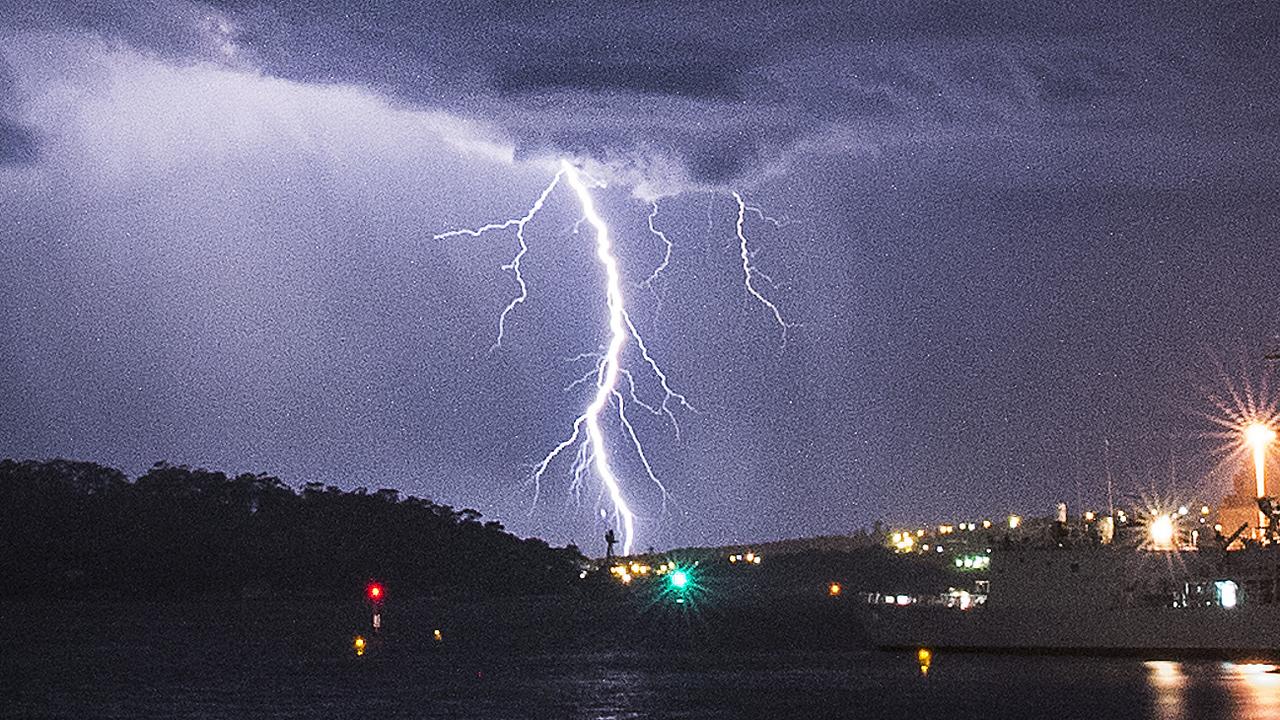NSW’s top 10 storm hotspots have been released, after a year that saw record-breaking rain across the state.
Data from State Emergency Services, analysed by insurance agency AAMI, showed that Port Macquarie was the most impacted suburb for damages to homes, with 600 calls to the SES from July 1 2022 to 30 June 2023.
Second was the inland city of Dubbo, followed by Forbes, Wahroonga, Orange, Swansea, Bowral, Armidale, Broken Hill and St Ives.
AAMI also analysed more than 17,600 weather-related home insurance claims across NSW from July 1, 2022 to June 30, 2023 and found that homes in Newcastle and Lake Macquarie made up more than half of storm-related damages.
Rain was the most common cause of damage to homes, followed by hail and flood, according to AAMI’s head of home claims in NSW, Paul Callanan.
“As a result of these weather events, our customers experienced everything from water ingress, damaged roofs and flooding, and in some cases were displaced from their homes,” he said.
“Although some areas of the state, particularly Newcastle, Lake Macquarie and The Central Coast copped a battering, storms by their nature are unpredictable and can happen anywhere and anytime, so it’s vital to not be complacent and prepare your home now.”
NSW SES responded to more than 24,000 calls for help in the past financial year.
“Our data indicates Port Macquarie was the suburb with the most storm-related incidents recorded in the last financial year,” NSW SES Assistant Commissioner Sean Kearns said.
“Wahroonga, Swansea, Forbes, Dubbo, Armidale and Bowral were also among the top 10 suburbs for storm-related incidents.
“Many of the incidents reported last financial year were due to leaking rooves, missing roof tiles and trees falling onto homes and cars due to heavy winds and rainfall.”
How to prepare for a storm
The SES urged Aussies to get prepared for storm season and shared a few tips to help keep you and your home safe.
- Secure and put away loose items around your backyard or balcony.
- Trim trees and branches that could fall onto your home or car.
- Clean your gutters, downpipes and drains of leaves and debris.
- Park your vehicles under cover and away from trees or powerlines.
- Inspect retaining walls.
- Ensure there’s no corrosion, loose fittings or rotting timber around your property.
- Inspect your roof for damaged or loose tiles.
